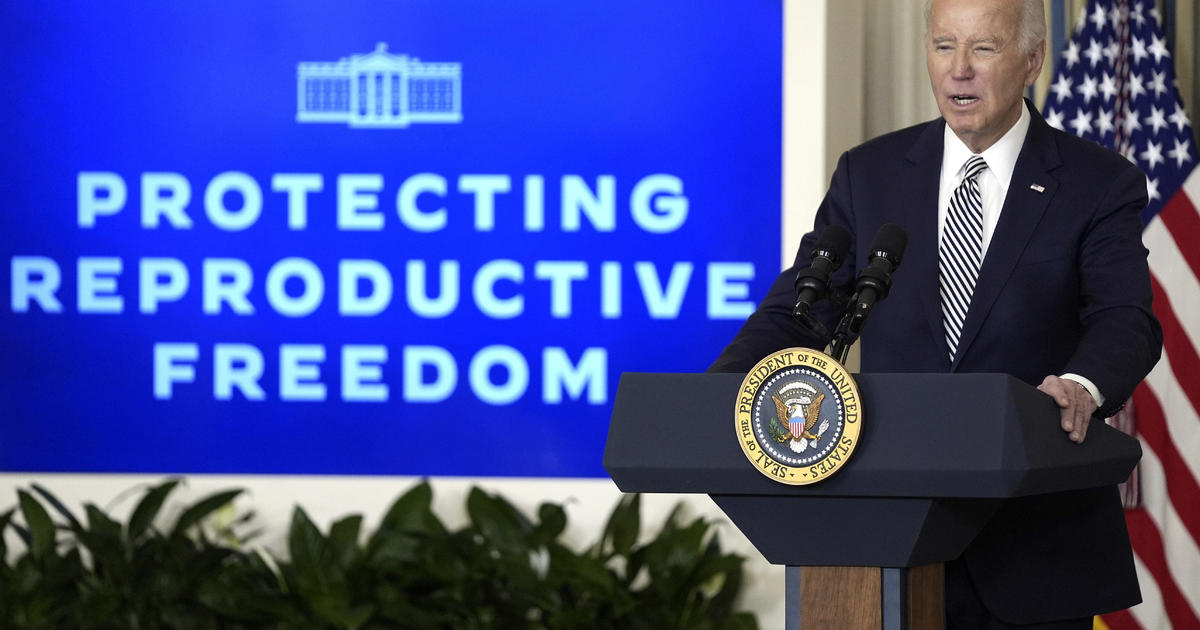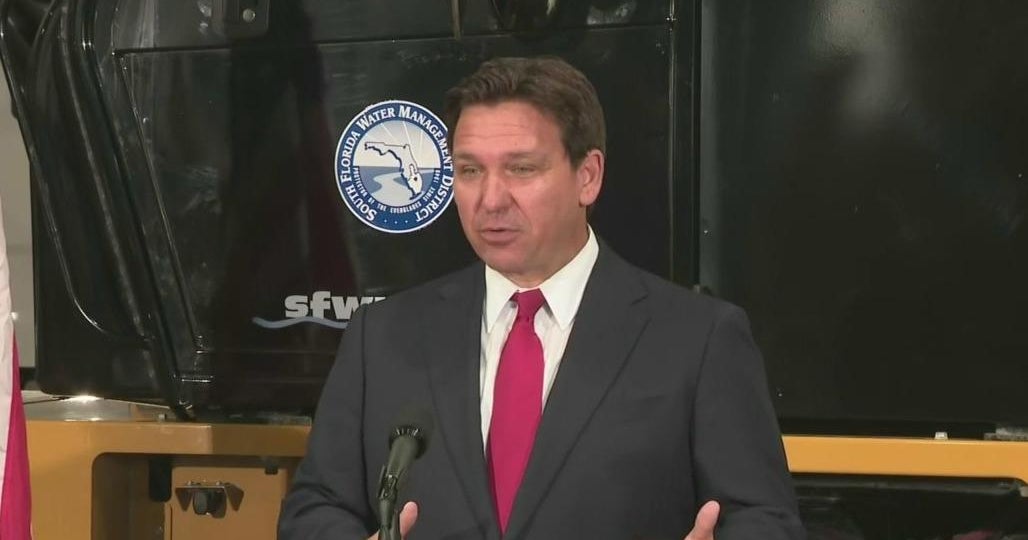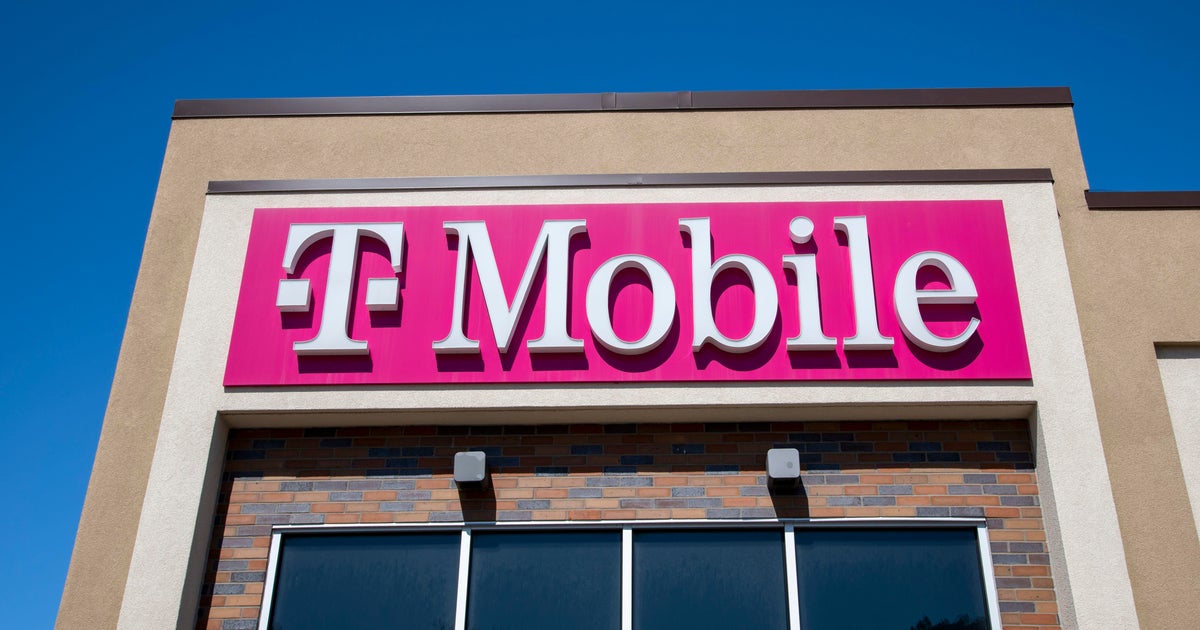Gov. Rick Scott Rejects Amazon Deal
TALLAHASSEE (CBSMiami/AP) — He's the governor who has made job creation his top priority but Thursday, Rick Scott rejected a proposed deal to bring major Internet retailer Amazon to the state of Florida.
After months of behind-the-scenes negotiations, Scott ultimately said no to a deal that would have led to the construction of Amazon warehouses in Florida. The warehouses could have created up to 2,500 jobs in the state.
Amazon's arrival in the state, however, would have meant that Floridians would have to pay sales tax on Internet purchases made through the company.
Amazon wanted to defer collecting the state's 6 percent sales tax until next February or when its warehouses were open and occupied. The Seattle-based retailer has reached similar arrangements in several other states across the country.
"As a major company with the ability to make a significant economic impact in our state, we wanted to understand how Amazon could partner with the state in a way to create more jobs and opportunities," Melissa Sellers, a spokeswoman for Scott, said late Wednesday. "Amazon worked with our office, along with other cabinet agency offices, to draft agreements related to possible changes in sales tax collection and the company's presence in our state. We were ultimately not able to reach an agreement."
Scott during his time as governor has constantly pushed to use financial incentives backed by taxpayers to lure new companies to the state. Earlier this month, he touted a deal to attract Hertz in a deal that included more than $19 million in state and local incentives in order to bring 700 jobs.
Sellers, however, did not respond to questions as to why Scott rejected the proposed deal with Amazon.
Amazon representatives did not respond to requests for comment.
But Scott's reluctance may have been tied to the idea that he would allow taxes on Internet purchases shortly before he runs for re-election. Scott, whose poll numbers remain low, has said in the past he could only support the taxation of Internet purchases if the money were offset by tax cuts elsewhere.
Scott's decision also comes at a time Congress has been debating whether to allow states to collect sales taxes on Internet purchases their residents make with out-of-state companies. The measure passed the U.S. Senate but it has been opposed by leading Republicans including Florida Sen. Marco Rubio. It is not expected to pass the U.S. House.
Currently, Floridians are supposed to pay taxes for online purchases, but there's really no way to enforce the law. The state can't force companies like Amazon to collect the tax unless it has a physical presence such as a warehouse or store.
Amazon.com representatives in early 2012 made their first pitch to Scott as well to legislative leaders to defer collection of sales taxes until 2014.
But that proposal drew sharp opposition from groups such as the Florida Retail Federation, which complain that companies such as Amazon have an unfair advantage over traditional retailers.
Several months ago, Amazon representatives starting talking to state officials again.
This time around the company was able to win over some of the opponents. Randy Miller, an executive vice president at the Florida Retail Federation, told the governor's office earlier this year that it could accept the arrangement.
"Our objection to that date initially is that it would have given them one more Christmas season without collecting the tax," Miller said. "But the closer we got to the date — and as aggravating as it is — we finally said 'ok, that's fine with us.'"
The deal appeared poised to go through because documents obtained by The Associated Press show that the Department of Revenue briefed the staff of Chief Financial Officer Jeff Atwater about the potential deal. Atwater is one of four elected officials who oversee the department.
The Scott administration, however, as well as the department, has refused to release any documents tied to its conversations about an agreement with Amazon.com. The department contends that any information related to a "particular taxpayer" is confidential. A spokeswoman has said whether the "taxpayer" actually pays taxes is "not relevant" and the department can withhold all information that identifies a company.
(TM and © Copyright 2013 CBS Radio Inc. and its relevant subsidiaries. CBS RADIO and EYE Logo TM and Copyright 2013 CBS Broadcasting Inc. Used under license. All Rights Reserved. This material may not be published, broadcast, rewritten, or redistributed. The Associated Press contributed to this report.)



